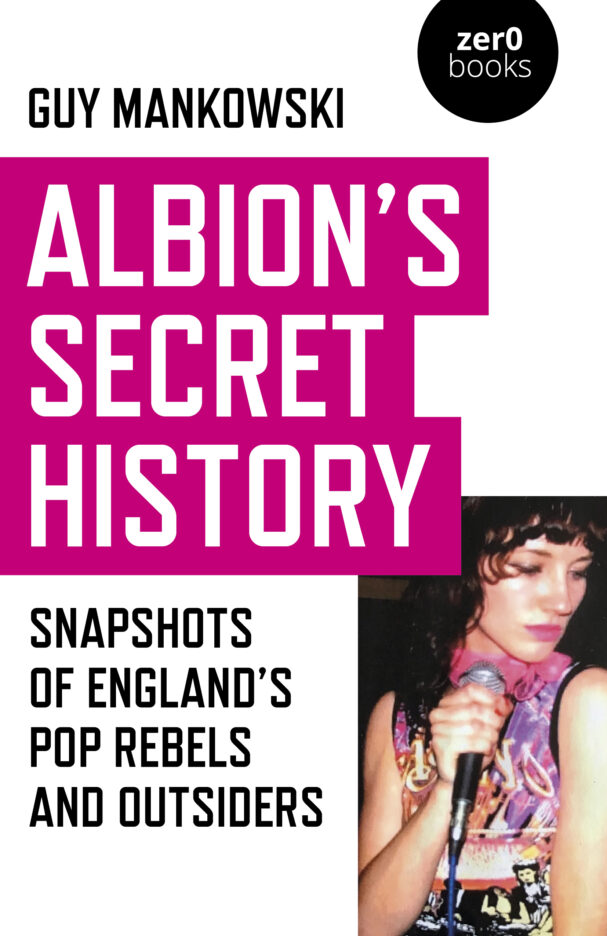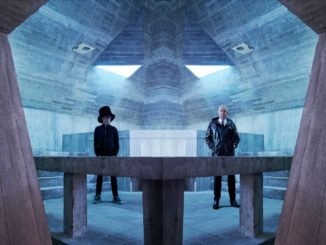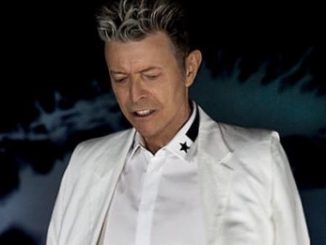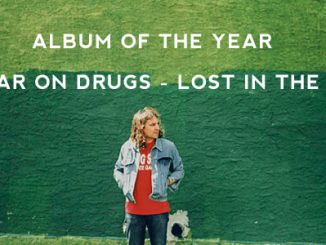For Guy, the places where important cultural changes and new ideas emerged (such as a new style of music in venues and clubs) are just as important as the cultural changes themselves. For instance, Mankowski traces the birth of British psychedelia to Cambridge University and The Cri Bar down Cambridge’s Market Passage.
Mankowski argues that the bulwark of change occurred post-World War Two with women and the working class being given a greater voice. For instance, Mankowski asserts that the character Sherlock Holmes could never have been working-class as this would have denied him the opportunity “to traverse social boundaries”. The people behind change are defined as “rebels”. Sadly, for the rebels themselves, as Mankowski explains, they only receive recognition once they have been “obliterated”. Mankowski cites Oscar Wilde and Alan Turing as examples. Guy continues that prior to World War Two, idyllic Britain was the “English country home” in the south, usually in “some region in Kent” as captured in the Just William stories.
Whilst Bowie’s legacy and mainstream cultural impact has already been recognised; Mankowski rightly articulates that Bowie was able to peak and become the “Ultimate outsider – an Alien” via his Ziggy persona by living in Haddon Hall – “a decaying Victorian mansion in Beckenham”. Mankowski argues that Bowie developed a sense of “fluidity” and “sense of possibility” that would inspire many other artists, especially cultural outsiders. Mankowski also ascribes Bowie’s post-Ziggy evolution to East Berlin where he recorded the Low LP. Mankowski describes how the geography of Eastern Europe influenced post-punk and Basildon based Depeche Mode’s “Everything Counts” promo video and Ultravox’s Ha Ha Ha LP. Nonetheless, Mankowski evidences that whilst others looked beyond the historic notion of Southern England; others, like Paul Weller, occasionally embraced it in songs such as “Tales From The Riverbank” – The Jam’s B-side to “Going Underground”.
With the working classes and women increasingly being giving a voice; “the alienating effects of their urban surroundings in their work” such as Joy Division’s Hulme Cresent Housing Complex in Manchester became the main ingredient of their music. Furthermore, Mankowski argues that Margaret Thatcher “gave rise to the bleak, desolate urban spaces that post-punks would draw into their work” including the indie disco’s housed in Manchester’s Star and Garter. Guy also points to inner-city living being expressed in songs such as the Pet Shop Boys “West End Girls”.
Mankowski also devotes much time to Morrissey lyrics and how he engaged with England as a subject matter. Guy highlights Morrissey’s chilling references to The Moors in the song “Suffer Little Children”. Morrissey also takes a swipe at national institutions previously beyond reproach in songs such as “The Headmaster’s Ritual”. As well as referencing The Cure, Mankowski also cites The LA’s, who he has a soft spot for because of the way frontman Lee Mavers used his hometown, Liverpool, across his bands’ lyrics.
Our author also compares Suede’s Brett Anderson’s isolation to Bowie’s time at Haddon Hall and how the negative impact of neo-liberalism outlived Margaret Thatcher’s tenure as Prime Minister which Damon Albarn captured in Blur songs including “Tracy Jacks”. Most interesting, and often overlooked by historians, is the impact of the TV show TFI Friday where the “pub and the couch became public performance spaces” which allowed “lesser-known indie bands to perform for huge audiences”. Mankowski has a point when he states that these bands would have unlikely “got TV coverage” elsewhere. Although the incorrect year is given to the release of Pulp’s Different Class; Mankowski offers an excellent analysis as to how this Sheffield band used their hometown in their music.
Mankowski really does dig deep and refers to scenes such as the mid-nineties Romo scene previously found in clubs such as Camden’s Club Skinny along with overlooked and underrated artists such as Patrick Wolf and Gazelle Twin. Mankowski meanders as to how the trip-hop scene and Tricky gave a voice to the “overlooked man, one kept on the fringes of society”. Mankowski also asserts that this process is continuous, citing Stormzy’s 2019 Glastonbury where “vibrant scenes” finally get “acknowledged for their overground status…”
Whilst Mankowski acknowledges his account is not “objective”; he pours out his uncensored political opinions and how England’s attachment to traditional ideals has resulted in the left being unable “to offer a coherent alternative to the centre-right” and compares Boris Johnson to Just William – “a “naughty schoolboy – which they could live with”. Mankowski also reminds us how locations and how the presently closed music venues contribute not just to music, but to the evolving British culture as told by the experience of everyday people as opposed to the ideals prescribed by leading institutions. To quote The Libertines, as Mankowski does, it is “Time for Hero’s” previously overlooked and not fully acknowledged by mainstream British society to be recognised.





Be the first to comment